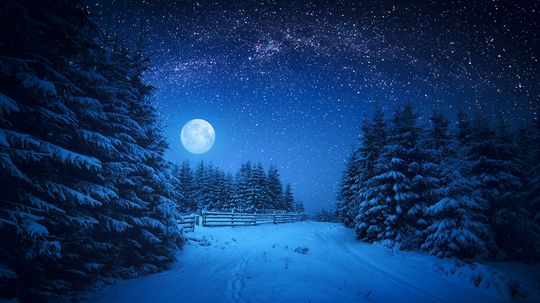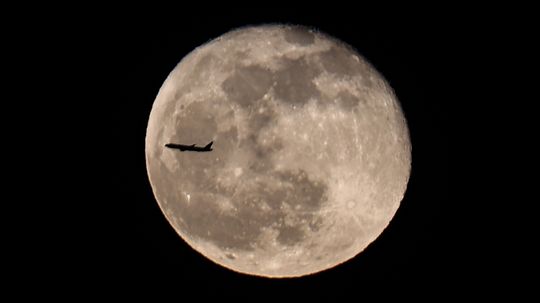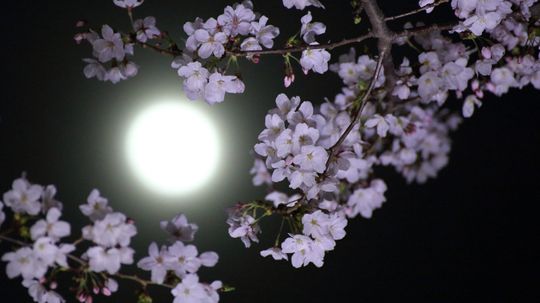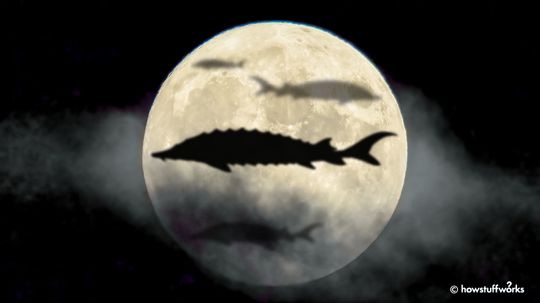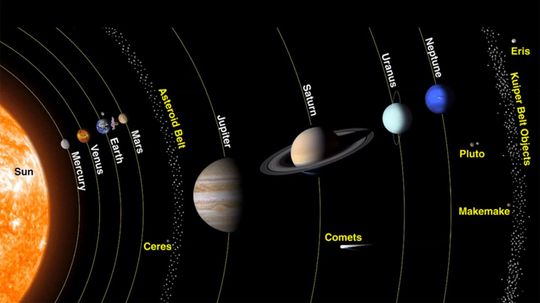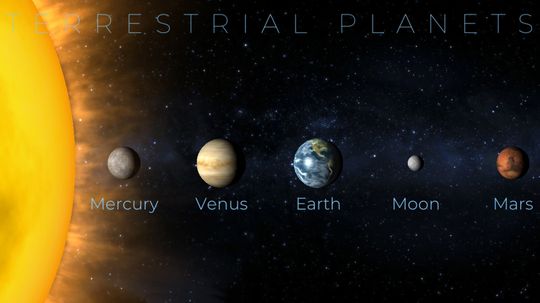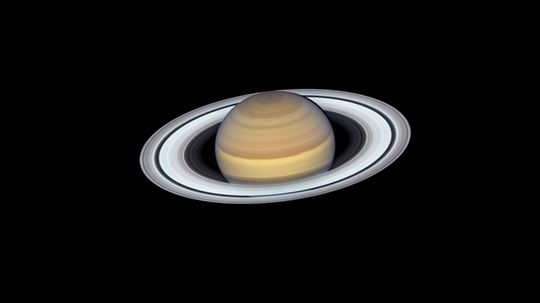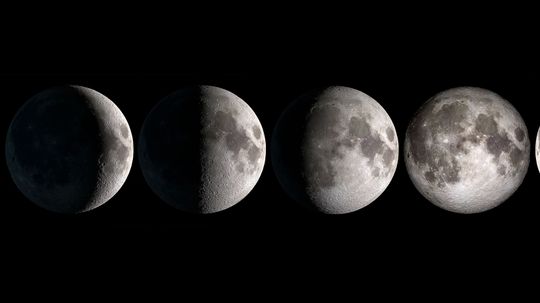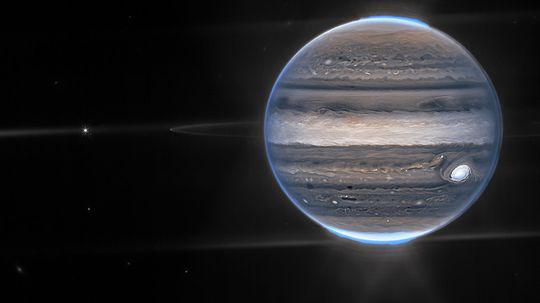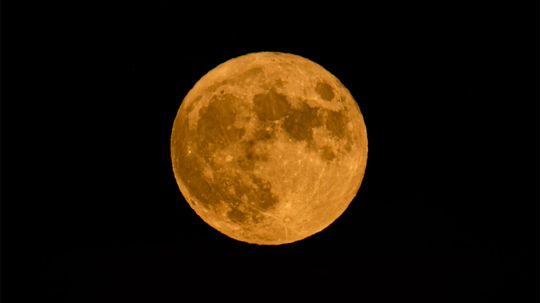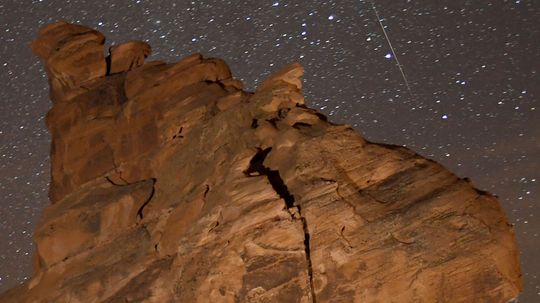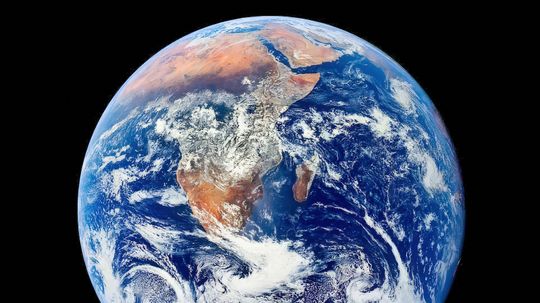The Solar System
In the Solar System Channel, you can explore the planets and celestial objects around our own sun. Learn about topics such as Mars, Jupiter and the Moon.
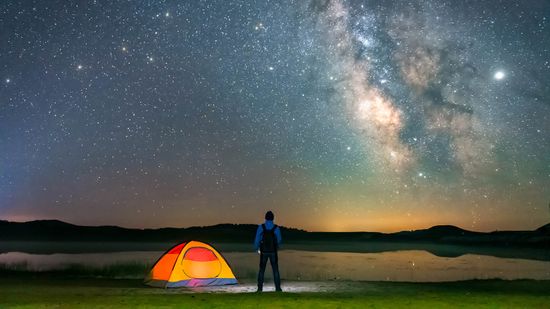
88 Constellation Names (and 24 You Can Only See From the Northern Hemisphere)
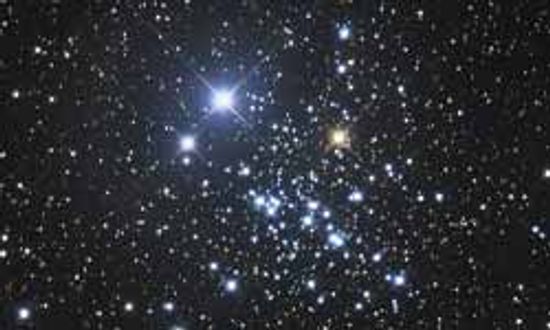
Constellation Pictures
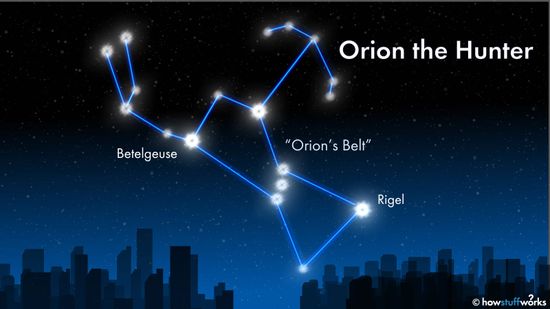
How to Find Orion's Belt in the Night Sky
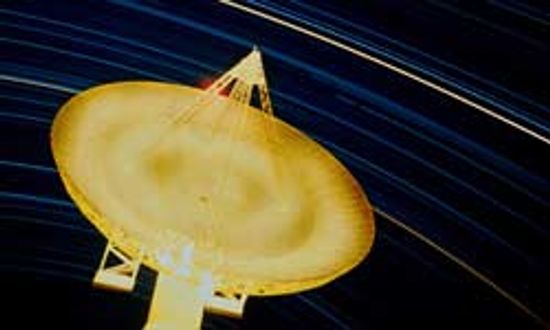
Radio Telescope Image Gallery

How do I build a telescope at home?

Shooting the Stars as an Astrophotographer
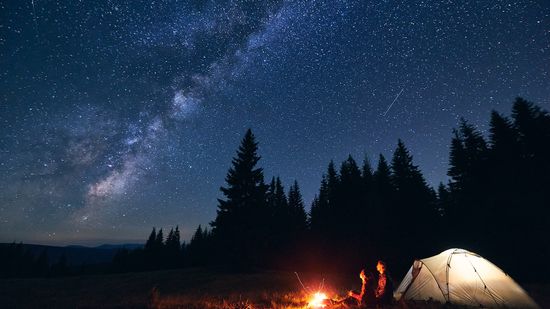
10 Types of Stars Blazing and Collapsing in Our Universe
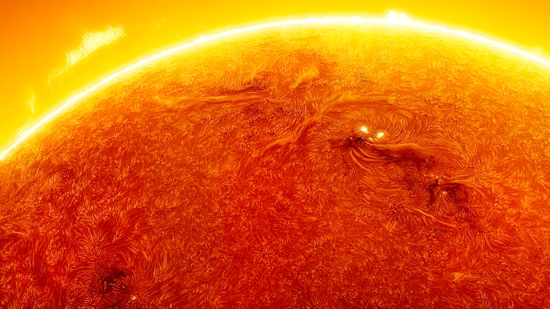
Solar Storm + Earth's Magnetic Field = Auroras Galore

What's the Brightest Star in the Sky? Depends on the Season
Learn More / Page 6
February is a cold time of year, and the snow moon nickname pays homage to that. What are some other names for February's full moon and what do they mean? Plus, when can you see the snow moon?
April's pink moon isn't called pink because our beloved bright white moon suddenly takes on a rosy hue. So, why is it called the "pink moon"?
Native American tribes have called the May moon the flower moon for centuries. The name even inspired a best-selling novel and film.
Advertisement
The full moon in June is known as the strawberry moon. It's a sweet name, but how did the strawberry moon get its moniker, and what else is it called?
The August 2023 full moon is known as the sturgeon moon. This year, it's also a supermoon and will be followed by a blue moon at the end of the month!
The four Jovian planets are officially designated as gas (and/or ice) giants. Which planets are they and what makes them so unique?
Terrestrial planets include the four closest to our sun, including Mercury, Venus, Earth and Mars. What else makes these celestial bodies terrestrial planets?
By Mitch Ryan
Advertisement
Move over Saturn. There are other planets in the solar system surrounded by ring systems.
By Mitch Ryan
There are eight phases in the lunar cycle and the moon is in one of them every night. What are these phases of the moon?
The solar system's largest planet will pass closest to Earth at the same time it's at opposition. That means it will be the biggest and brightest it's been in the sky in decades.
In 2022, the full moon, called the hunter's moon, will occur Oct. 9. Why is it called that and when can you see it?
Advertisement
The Geminid meteor shower is one of the year's stronger displays in terms of number and size of meteors. When's the best time to see it?
In 1953, CalTech geochemist Clair Patterson came up with an estimate for Earth's age that still holds today.
